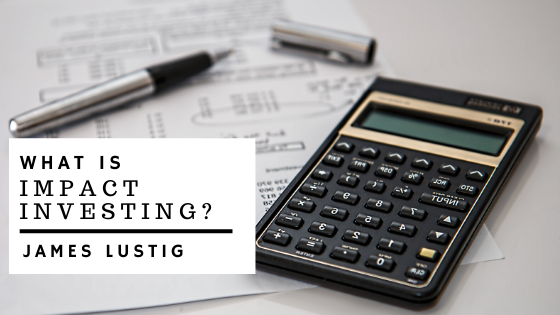Investors have the power to improve the world and turn a profit at the same time, they merely need to find the right methods for doing so. Impact investing is one such technique, one that is growing in popularity as more and more people take an interest in corporate responsibility.
How it Works
Impact investing is an investment strategy that focuses on businesses that have a positive impact on the world. Investors look for companies or small businesses that have good environmental policies, provide opportunities to underprivileged communities, or offer other benefits to society. However, they still also look for businesses that can turn a profit.
Both aspects are important because companies need to make money and stay in business in order to provide societal benefits. Investors who turn a profit can dedicate even more money to impact investing or general philanthropy. A talented investor can turn impact investing into a virtuous cycle that provides both social and financial benefits to everyone.
Myths and Misconceptions
There are quite a few myths surrounding income investing. Many of them deal with the potential for profits. For example, some investors believe that impact investing necessarily has lower rates of return than other methods. That is not the case. Investors have reported internal rates of return as high as 34% on their investments, which demonstrates the potential for profit.
Other investors worry that they will need to tie their money down for long periods to see a reasonable return. The average holding period for income investors is roughly five years, which is on par with that of venture capital firms. Investors can expect a reasonably rapid return on their investment as long as they choose their investments wisely.
The Results of Impact Investing
Impact investing really can make a big difference for a community. Businesses that operate in developing nations often need relatively small investments of capital in order to thrive. Those that get the investments provide livelihoods for their workers, who can go on to spend their wages in the local economy. That fuels more growth and encourages development.
Impact investors can also encourage companies to focus on protecting the environment, such as by providing alternative jobs to people who work in destructive industries. Impact investing is getting more popular over time, so it is likely that the positive impact will likewise continue to increase.

